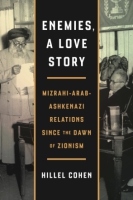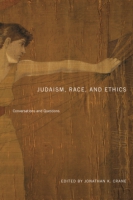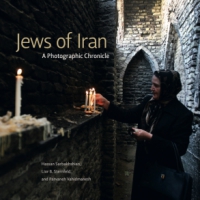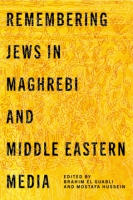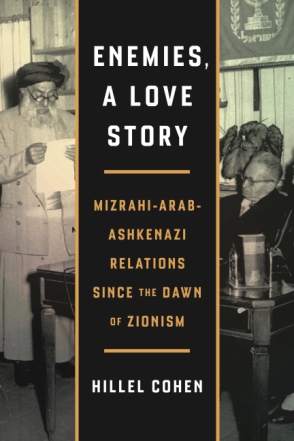
Enemies, a Love Story
Mizrahi-Arab-Ashkenazi Relations Since the Dawn of Zionism
Hillel Cohen, Translated by Haim Watzman
Enemies, a Love Story
Mizrahi-Arab-Ashkenazi Relations Since the Dawn of Zionism
Hillel Cohen, Translated by Haim Watzman
“As in his previous histories, Cohen refuses to allow preconceptions and the taken for granted to distort his narrative. He insists on allowing the historical agents speak for themselves, and enables the often astonishing complexities of history appear in their fullest. This book is bound to challenge most readers’ view of the past, put in question any naive reading of the present, and further complicate any vision for the future for Israelis, Palestinians, and the Middle East at large.”
- Description
- Reviews
- Bio
- Table of Contents
- Sample Chapters
- Subjects
Cohen considers how and why Ashkenazi-Arab and Mizrahi-Arab relations have metamorphosed over time, from the final decades of the Ottoman Empire into the Mandate period, from the Nakba and its aftermath to the Six Day War of 1967, and from the political upheaval of the 1970s to the rise of the right-wing Likud party and the assassination of Prime Minister Yitzhak Rabin in 1995. The author challenges widespread beliefs that “Mizrahi” is synonymous with rigid nationalism and “Ashkenazi” with progressivism and support for reconciliation, showing how religiosity and socioeconomic status have shaped Israeli attitudes toward Palestinians.
Readers interested in Israel, Palestine, and the Middle East should find tremendous value in this timely book on a sensitive issue.
“As in his previous histories, Cohen refuses to allow preconceptions and the taken for granted to distort his narrative. He insists on allowing the historical agents speak for themselves, and enables the often astonishing complexities of history appear in their fullest. This book is bound to challenge most readers’ view of the past, put in question any naive reading of the present, and further complicate any vision for the future for Israelis, Palestinians, and the Middle East at large.”
Hillel Cohen is Associate Professor of Islamic and Middle Eastern Studies at The Hebrew University of Jerusalem. He is the author of Year Zero of the Arab-Israeli Conflict 1929 and Good Arabs: The Israeli Security Agencies and the Israeli Arabs, 1948–1967.
Haim Watzman, is an American-born, Jerusalem-based writer, journalist, and translator.
Preface
Note on the Translation
Acknowledgments
Introduction
1. And the Turk Was Then in the Land
2. Under the Union Jack: Classes Solidify
3. Little Israel, 1949–1967
4. From War to Political Upheaval, 1967–1977
5. From Political Realignment to Political Assassination, 1977–1995
Conclusion: Then and Now
Notes
Bibliography
Index
Download a PDF sample chapter here: Introduction
Also of Interest
Mailing List
Subscribe to our mailing list and be notified about new titles, journals and catalogs.
